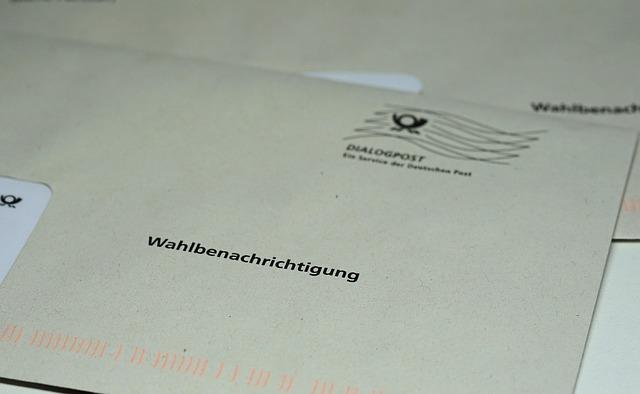Argentina’s recent midterm elections have delivered a decisive victory to Javier Milei, the country’s controversial libertarian leader. According to Reuters, Milei’s win marks a significant shift in Argentina’s political landscape, signaling widespread public support for his radical economic and social reforms. This election outcome sets the stage for a potential overhaul of longstanding policies amid growing dissatisfaction with traditional parties facing economic challenges and inflation.
Argentina’s Midterm Election Signals Major Shift Toward Libertarian Policies
In a stunning political upheaval, Javier Milei and his libertarian coalition claimed a decisive victory in Argentina’s recent midterm elections, reshaping the legislative landscape with promises to slash government intervention and overhaul the nation’s fiscal policies. Milei’s win reflects widespread voter frustration with chronic inflation, economic instability, and what many see as unsustainable state spending. His agenda emphasizes deregulation, privatization, and a radical reduction of the public sector’s size, aiming to reverse decades of statist policies that critics argue have stifled growth and innovation.
Analysts predict significant shifts in Argentina’s economic strategy as Milei’s faction secures a substantial foothold in Congress. Key reforms under consideration include:
- Reducing public debt through strict austerity measures and limiting new borrowing
- Dismantling subsidies that artificially support energy and transportation sectors
- Promoting free-market principles to attract foreign investment
- Introducing a competitive tax system to stimulate entrepreneurship
| Key Policy Areas | Proposed Changes | Projected Impact |
|---|---|---|
| Fiscal Policy | Spending cuts & debt control | Lower deficits, improved credit rating |
| Market Regulation | Deregulation of industries | Increased competition, efficiency gain |
| Taxation | Reduced rates, simplified codes | Boosted business growth |
| Public Services | Privatization initiatives | Potential service quality improvements |
Implications of Milei’s Victory for Economic Reform and Market Stability
The electoral triumph of Milei signals a profound shift in Argentina’s economic trajectory, promising a rapid dismantling of entrenched state controls and a rigorous push towards libertarian principles. His agenda, dominated by aggressive deregulation, privatization of key industries, and a significant reduction in public spending, aims to restore investor confidence and stimulate private sector-led growth. However, these measures come with inherent risks; the abrupt rollback of subsidies and social programs may unsettle vulnerable populations and lead to social unrest, challenging the government’s ability to maintain market stability during this transition.
Key anticipated economic reforms include:
- Elimination of capital controls to encourage foreign investment
- Drastic cuts in public employment and government expenditure
- Restructuring of Argentina’s debt profile with international creditors
- Introduction of a more flexible labor market framework
Market analysts remain cautiously optimistic, noting that while Milei’s libertarian overhaul could revitalize Argentina’s stagnating economy, the fragile political environment poses a threat to sustained economic stability. The following table contrasts key economic indicators before and after Milei’s anticipated policy implementation:
| Economic Indicator | Current Level | Projected Post-Reform | ||||||||||||||||||||||
|---|---|---|---|---|---|---|---|---|---|---|---|---|---|---|---|---|---|---|---|---|---|---|---|---|
| Inflation Rate | 95% | 30-40% (short term) | ||||||||||||||||||||||
| Foreign Direct Investment | $5B | $12B (estimated 2 years) | ||||||||||||||||||||||
|
The electoral triumph of Milei signals a profound shift in Argentina’s economic trajectory, promising a rapid dismantling of entrenched state controls and a rigorous push towards libertarian principles. His agenda, dominated by aggressive deregulation, privatization of key industries, and a significant reduction in public spending, aims to restore investor confidence and stimulate private sector-led growth. However, these measures come with inherent risks; the abrupt rollback of subsidies and social programs may unsettle vulnerable populations and lead to social unrest, challenging the government’s ability to maintain market stability during this transition. Key anticipated economic reforms include:
Market analysts remain cautiously optimistic, noting that while Milei’s libertarian overhaul could revitalize Argentina’s stagnating economy, the fragile political environment poses a threat to sustained economic stability. The following table contrasts key economic indicators before and after Milei’s anticipated policy implementation:
|




